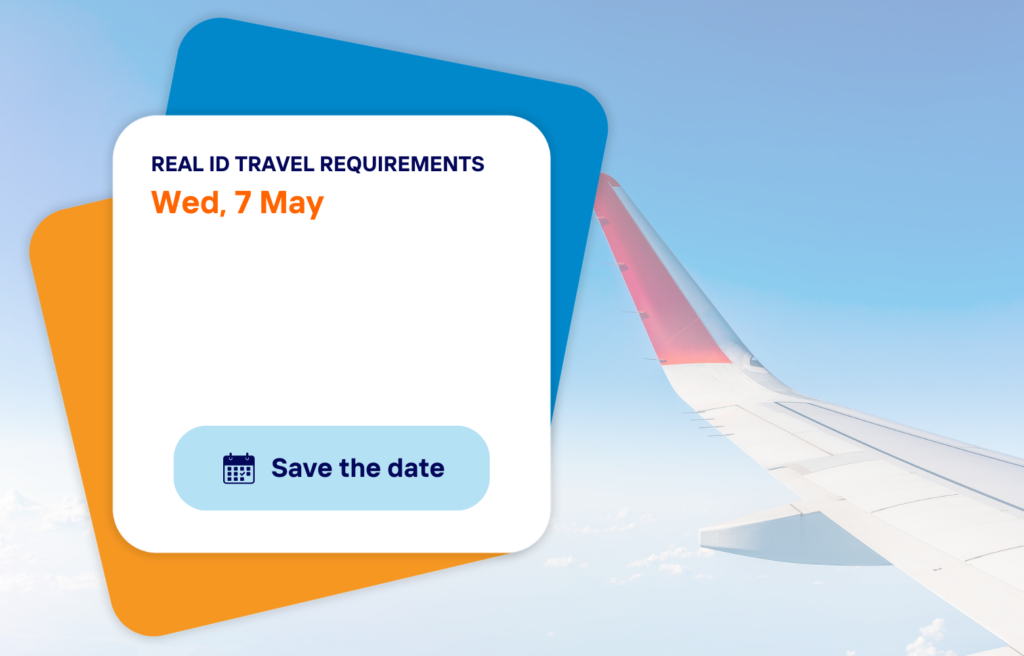7 Tips For Preparing Chaperones For Your Student Trip

It takes a well-prepared group of chaperones to make the most of any field trip or educational tour. Before you hit the road, take time to meet with your reinforcements to make sure expectations are clear and that everyone has what they need to make it a great experience.
Here are seven things you should cover during a meeting with your chaperones.
1. The Schedule
Hand out a finalized itinerary that includes important times and locations. If you are heading to a single destination, you may want to include a map or floor plan to point out meeting places and pick-up/drop-off locations. Include information about meal times and emphasize the importance of everyone sticking to the schedule for the sake of the group.
2. Student List and Paperwork
Be prepared with a list of students assigned to each chaperone. Include any paperwork that might be useful for the chaperone to carry, like parent phone numbers and emergency medical forms. Make sure to offer a list of all travelers to whoever is staying behind with the students who don’t go on the field trip.
3. Medications
Prepare a list of students who need medications and a schedule for dispensing them. Each chaperone should have a list of student medications in the group, a dispensing schedule, and a plastic bag with the medication inside clearly marked with student names.
If you need help figuring out how to manage student medications while on tour, we’ve compiled some helpful advice to help you get started.
4. Phone Numbers
Distribute a list of chaperone cell phone numbers and the school’s phone number. Ask chaperones to double-check their numbers and correct them as needed. If you are working with an educational tour company, you should include the number for the company’s emergency contact line as well.
5. Assignments
If students are completing an assignment related to the field trip, give a copy to the chaperones so they can offer guidance to their student group. There are plenty of free resources museums and historic sites offer to teachers, and they often include pre-departure and reflection activities.
6. Behavior Expectations

Review the behaviors you expect from students so everyone is on the same page, including ways to deal with behavior issues and consequences. If there are specific duties, responsibilities, or guidelines for chaperones, be clear during the meeting. No matter how logical or common sense it may seem to you as the teacher, some behavior expectations might need to be explained depending on who is chaperoning. SYTA (Student Youth Travel Association) offers hotel and motorcoach travel guidelines for student groups to use while on tour.
7. Appreciation
Sometimes a small token of appreciation can go a long way. A water bottle and a granola bar wrapped with a bow to say “thanks” for chaperoning will let chaperones know you appreciate the time and energy they are giving.
Chaperones are an important part of your students’ experience on the field trip or educational tour, so making sure they are ready will make all the difference. After a successful meeting, it’s time to concentrate on having a great time with your group.
Originally published March 2016, updated May 2024


